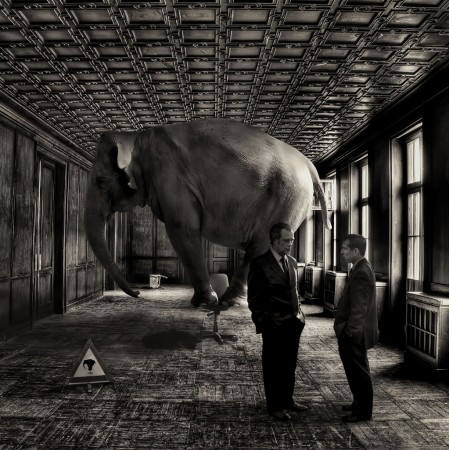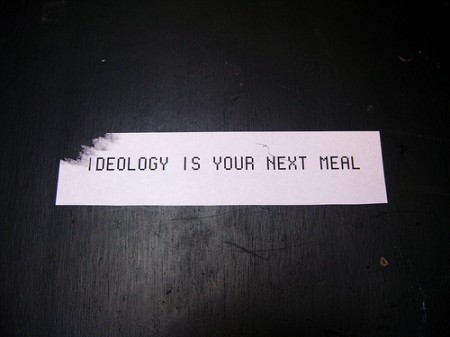
This article was originally published by SAGE International Australia (S.I.A) on 28 February 2017.
At present, it is very difficult to avoid examples and discussion of terms such as ‘truthiness’, ‘post-fact’, and ‘alternative fact’. We appear to have entered an era in which immediate, subjective, and emotional perception has the power to steamroll clear thinking and rational analysis, reducing public debate to ‘us versus them’ polemics. Pronouncements by many of our political leaders are emotive rather than instructive, ephemeral rather than incremental or iterative, and unanchored from shared experience and intersubjective understanding. And then there is President Trump: a distilled product of decades of corrosive and inflammatory processes.
Enough is enough. For at least 2,500 years philosophers have argued that we are, or should at least aspire to be, rational beings. No matter how much effort it takes to carefully think things through, and how much time it takes to develop effective thinking tools, surrendering rational effort in favour of gut instinct, “it feels true,” can only end badly. As David Eagleman has argued in his book, Incognito, our unconscious mind will happily get on with running our day without our conscious input, and our limbic system will immediately colour our experience with primal emotions, if we do not choose to think our way to deeper awareness and understanding. While the problems we are facing are becoming larger and more dangerous, our collective unwillingness to do more than legitimise unconscious responses is leading to progressively worse circumstances.



